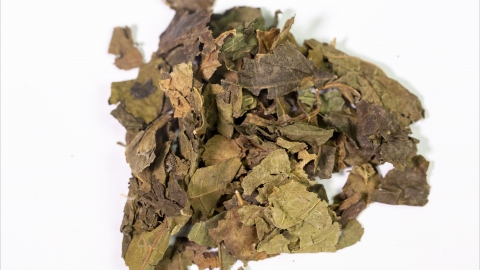Can drinking water infused with mulberry leaves lower blood pressure?
Generally speaking, drinking mulberry leaf tea may have certain blood pressure-lowering effects. The detailed explanation is as follows:

Mulberry leaves are rich in flavonoids, such as rutin and kaempferol. These natural antioxidants help dilate blood vessels and improve blood circulation, which may help lower blood pressure. At the same time, flavonoids also have antioxidant, anti-inflammatory, and anti-allergic properties that can reduce vascular endothelial damage and prevent the occurrence of arteriosclerosis. Phytosterols in mulberry leaves can inhibit cholesterol absorption, helping to improve blood lipid levels, thus benefiting cardiovascular health and indirectly assisting in blood pressure control.
The polysaccharide components in mulberry leaves, such as moran A and moracin, have effects of lowering blood lipids, blood sugar, and blood pressure. These compounds can improve vascular endothelial function, reduce blood viscosity, prevent thrombosis, and thus protect cardiovascular health. Mulberry leaves also contain a certain amount of potassium, an essential nutrient for the human body that helps balance sodium levels and promote blood pressure regulation.
Although mulberry leaf tea has an auxiliary effect on lowering blood pressure, its effectiveness varies among individuals and cannot replace medical treatment. Patients with hypertension should consume mulberry leaf tea in moderation and combine it with other healthy lifestyle habits, such as balanced diet, appropriate exercise, and regular blood pressure monitoring. Moreover, mulberry leaf tea should not be considered the sole method for managing hypertension, and professional medical advice should be followed when necessary.







